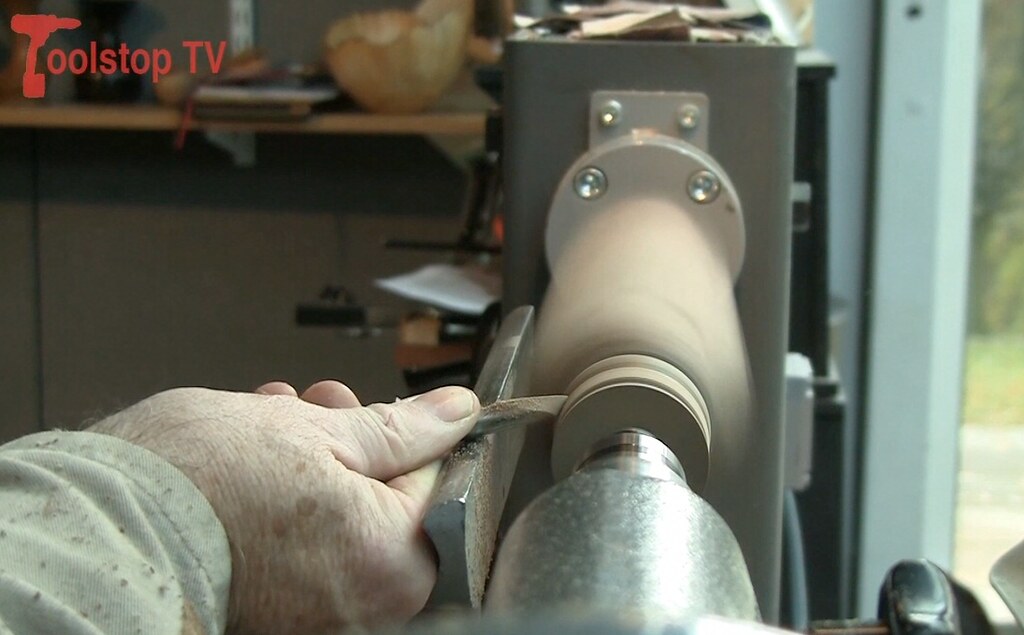Share this article with your network of friends!
Woodworking is a timeless and fulfilling hobby that offers seniors a creative outlet, a sense of accomplishment, and the opportunity to develop new skills. Whether you are looking for a relaxing pastime, a chance to create unique pieces for your home, or even considering a small woodworking business, this article will explore the world of woodworking for seniors. We will cover essential safety considerations, the joy of working with wood, recommended tools and equipment, and the potential for turning your hobby into a side business.
1. Embracing Safety First:
Before diving into woodworking, prioritize safety. Invest in safety gear such as goggles, ear protection, and dust masks to protect your eyes, ears, and lungs. Ensure your workspace is well-lit and properly ventilated. Familiarize yourself with the proper use and maintenance of woodworking tools to avoid accidents. Always follow manufacturer instructions and take your time to complete tasks with caution.
2. Exploring the Joy of Woodworking:
Woodworking offers a unique blend of creativity, craftsmanship, and problem-solving. From crafting simple shelves to intricate furniture pieces, there is no limit to what you can create. Working with wood engages your senses, from the smell of freshly cut timber to the satisfaction of seeing a finished project. It provides a meaningful and enjoyable way to spend your time while unlocking your inner creativity.
3. Essential Tools and Equipment:
Start with a basic set of tools that align with your woodworking goals. A few essential tools include:
– Workbench: A sturdy work surface to support your projects.
– Hand Tools: Basic hand tools like a chisel set, hand plane, and coping saw.
– Power Tools: A circular saw, jigsaw, drill, and sander can greatly enhance your efficiency and precision.
– Woodworking Machinery: If you plan to tackle more significant projects, consider investing in tools like a table saw, bandsaw, and router.
Remember, you don’t need an extensive collection of tools to get started. Start small and gradually build your collection as you gain experience and take on more complex projects.
4. Learning and Skill Development:
Woodworking is a craft that can be continually honed and improved. Consider joining local woodworking clubs or attending workshops to learn from experienced artisans. Online resources, such as video tutorials and woodworking forums, offer valuable guidance and inspiration. Embrace the learning process, experiment with different techniques, and challenge yourself with new projects to develop your skills.
5. Wood Selection and Sustainability:
Choosing the right type of wood for your projects is crucial. Consider the characteristics and suitability of different wood species for your desired outcome. Learn about sustainable sourcing practices and opt for certified or reclaimed wood to minimize your ecological impact. By selecting high-quality materials, you ensure the longevity and beauty of your creations.
6. Turning Your Hobby into a Side Business:
If you have a passion for woodworking and want to explore the potential for a side business, consider the following steps:
– Define Your Niche: Determine your specialty, whether it’s crafting unique furniture, personalized home decor, or small wooden items like cutting boards or jewelry boxes.
– Market Research: Identify your target audience, research market demand, and explore local craft fairs, online platforms, or consignment shops to sell your creations.
– Pricing and Profitability: Assess the cost of materials, tools, and your time to set fair prices that cover expenses and ensure profitability.
– Branding and Promotion: Develop a brand identity, create a portfolio of your work, and establish an online presence through a website or social media platforms. Engage with your audience, share your creative process, and showcase the beauty of your woodworking projects.
– Customer Service: Provide excellent customer service, ensure timely delivery of orders, and maintain clear communication with your customers to foster positive relationships and repeat business.
Remember, turning your hobby into a business requires dedication, market research, and effective time management. Start small and scale your business as you gain confidence and demand for your woodworking creations.
Woodworking is a gratifying hobby that offers seniors the opportunity to create beautiful, functional pieces while enjoying the process of working with wood. By prioritizing safety, exploring the joy of woodworking, acquiring essential tools, continuous learning, sustainable wood selection, and potentially turning your hobby into a side business, you can embark on a fulfilling journey of craftsmanship and creativity. Whether you’re building furniture for your home, making gifts for loved ones, or even starting a woodworking business, let your passion for woodworking guide you towards new horizons and the joy of creating something truly special.
DISCLAIMER: This website contains articles for informational and entertainment purposes only. No articles on this website should be considered as professional advice for any medical, legal, or financial matter. Advertisements and content may contain affiliate links, where the website earns a commission for sales derived from our users.





